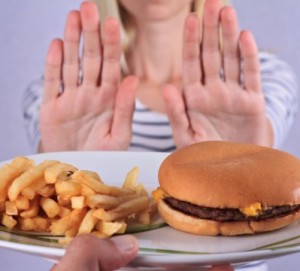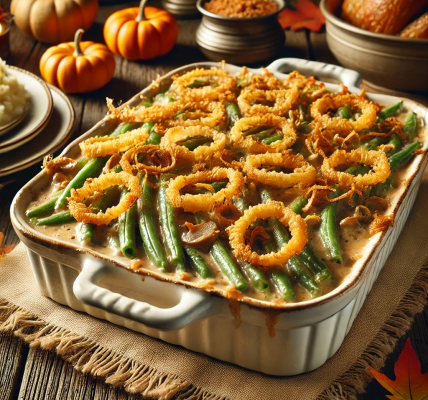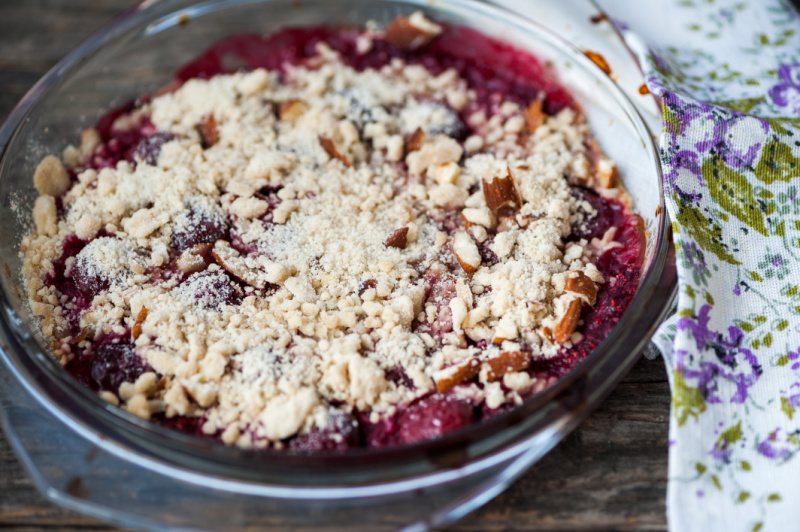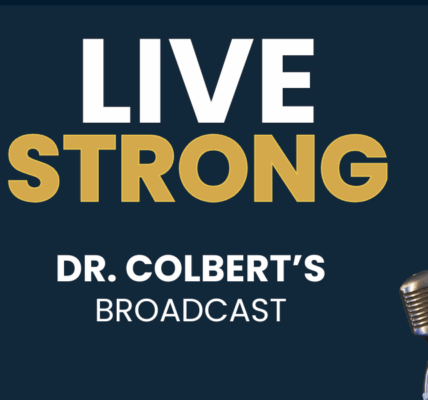5 Foods You Should Avoid on a Keto Diet
Adopting a ketogenic (keto) diet requires a focus on consuming large quantities of delicious healthy fats such as avocado, olive oil, coconut oil, grass-fed butter, and pasture-raised egg yolks.
The consumption of these healthy fats kick starts the metabolic state called ketosis in which the body primarily uses fat for energy as opposed to sugar. This leads to natural, effortless, and sustainable weight loss.
But entering and maintaining a state of ketosis requires that you not only pay attention to what you are eating but what you are NOT eating.
This is because there are many foods that can complicate ketosis or even prevent you from entering ketosis in the first place frustrating any weight loss progress.
To help you avoid this issue, here is a list of the top 5 foods to avoid on a ketogenic diet.
1. Vegetable and Seed Oils
These include oils such as canola, sunflower, safflower, soy, corn, and others. These oils are polyunsaturated fats which means they are highly unstable and prone to oxidation. Consumption of oxidized oils leads to massive amounts of inflammation in your body which can frustrate your ability to enter ketosis.
Additionally, unlike healthier and more stable fats, these oils are less usable as energy and less effective as substrate for cell walls and nerve myelin. When on a keto diet, high fat alone will not cut it. You must pay attention to quality of fat you consume and vegetable and seed oils will not work!
2. Refined Sugar
The whole point of ketosis is to burn fat for energy, not sugar. This means it is imperative to avoid all added and refined sugar. Very small amounts of naturally occurring sugar in vegetables and berries is fine as long as it is kept well under 50 grams per day.
Any more than that and you are sure to hinder your fat burning potential and spike your blood sugar. If consuming packaged or processed foods, make sure to look at the labels to determine the sugar content in the food. Often sugar is hiding under the guise of words like “syrup” and “nectar.” Do not be fooled. Coconut sugar is still sugar. Date paste is still sugar. Agave nectar is still sugar. Make sure to read the labels!
3. Grains
Another surefire way to ruin your chances of an effective ketogenic diet is by consuming grains. Although healthy in some circumstances, grains (even whole grains) are ultimately metabolized as sugar.
This includes anything made with grain-based flours. All breads, biscuits, bagels, cookies, crackers, chips, and pastries will raise blood sugar and frustrate ketosis.
4. Starches
Although a ketogenic diet should be accompanied by high vegetable consumption, this unfortunately doesn’t include starchy vegetables such as potatoes, yams, carrots, pumpkin, parsnips, and winter squash.
These too are high in carbohydrates and have the potential to spike your blood sugar and ruin your ability to scorch body fat with ketosis.
5. Alcohol
Alcohol and ketosis do not go well together! Not only is alcohol itself metabolised as sugar, but many forms of alcoholic beverages contain ingredients that are detrimental to an effective ketogenic diet.
Beer is made with grains, wine is often loaded with added sugar for flavor, many cocktails have a considerable amount of simple syrup (sugar) added to them. Small amounts of low sugar alcoholic beverages such as a dry red wine may be fine for some people as long as carb intake is otherwise kept very low.
Keep Track of Your Carbs!
The best way to ensure you stay in ketosis is to start a food journal and quantify your daily carbohydrate intake. You can easily look up the estimated carbohydrate content of your foods online. Write down the numbers for each meal and try to keep it under 50 grams per day.
Dr. Colbert’s Keto Zone Starter Kit comes with ketosis test strips so you can test if you are actually in ketosis!














I have been told that being in a state of ketosis is dangerous…especially for diabetics like myself (type2, insulin dependent) Will you please address this in a reply to me? Thank you. ~Sharon Peeples
Sharon, the fact is ketosis is safe for most people, because it is an entirely natural metabolic state that the body was designed to enter and it even has the possibility to actually improve your diabetes not be detrimental to it. As always, proceed under medical supervision before trying a new diet, but if your doctor says ketosis is bad for diabetics it might be time to find a new doctor! Look for a functional medicine practitioner or naturopath who will do your labs and check for food sensitivities and nutrient deficiencies and address diet and lifestyle related factors.
When we did this diet we took it vitamins and found eating 4 meals a day reaped more weight loss by keeping your body burning fat. You get to eat a lot of food but only food that works for this diet.
I had gallbladder surgery 2 years ago and have gained weight. I’m concerned about the amount of fats and oils a ketogenic diet requires. Too much olive oil, butters, cheeses , even with my daily digestive enzymes give me the runs. I don’t know how a ketogenic would affect me.
Love email notifications from Dr. if you have monthly letter or online seminars please let me know